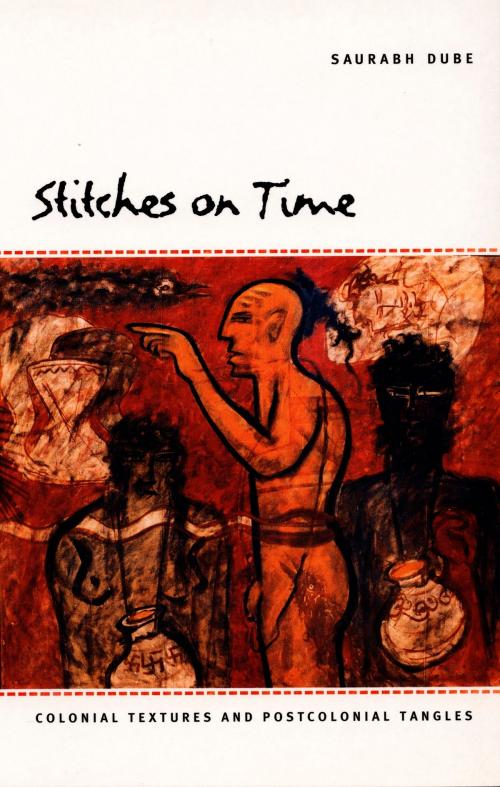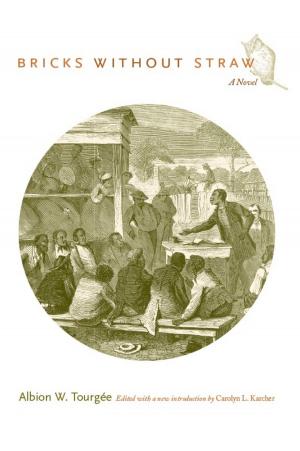| Author: | Saurabh Dube | ISBN: | 9780822385486 |
| Publisher: | Duke University Press | Publication: | March 25, 2004 |
| Imprint: | Duke University Press Books | Language: | English |
| Author: | Saurabh Dube |
| ISBN: | 9780822385486 |
| Publisher: | Duke University Press |
| Publication: | March 25, 2004 |
| Imprint: | Duke University Press Books |
| Language: | English |
Destined to become a key work of subaltern studies and a crucial intervention in postcolonial scholarship, Stitches on Time probes the relationships between empire and modernity, nation and history, the colonial and the postcolonial, and power and difference. Saurabh Dube combines history and anthropology to provide critical understandings of the theory and practice of historical ethnography and contemporary historiography. Drawing on extensive archival research and innovative fieldwork as well as political economy and social theory—including considerations of gender—he unpacks the implications of specific Indian pasts from the middle of the nineteenth century through the end of the twentieth century.
Dube provides incisive accounts of the interactions between North American evangelical missionaries and Christian converts of central India, and between colonial legal systems and Indian popular laws. He reflects on the difficulties of history writing by considering the production and reception of recent Hindu nationalist histories. Assessing the work of the South Asian Subaltern Studies Collective, he offers substantial critical readings of major writings by Ranajit Guha, Dipesh Chakrabarty, Partha Chatterjee, and others. Dube develops the concept and practice of a“history without warranty” as a means of rigorously rethinking categories such as modernity, colonialism, the West, the postcolonial, and the nation.
Destined to become a key work of subaltern studies and a crucial intervention in postcolonial scholarship, Stitches on Time probes the relationships between empire and modernity, nation and history, the colonial and the postcolonial, and power and difference. Saurabh Dube combines history and anthropology to provide critical understandings of the theory and practice of historical ethnography and contemporary historiography. Drawing on extensive archival research and innovative fieldwork as well as political economy and social theory—including considerations of gender—he unpacks the implications of specific Indian pasts from the middle of the nineteenth century through the end of the twentieth century.
Dube provides incisive accounts of the interactions between North American evangelical missionaries and Christian converts of central India, and between colonial legal systems and Indian popular laws. He reflects on the difficulties of history writing by considering the production and reception of recent Hindu nationalist histories. Assessing the work of the South Asian Subaltern Studies Collective, he offers substantial critical readings of major writings by Ranajit Guha, Dipesh Chakrabarty, Partha Chatterjee, and others. Dube develops the concept and practice of a“history without warranty” as a means of rigorously rethinking categories such as modernity, colonialism, the West, the postcolonial, and the nation.















